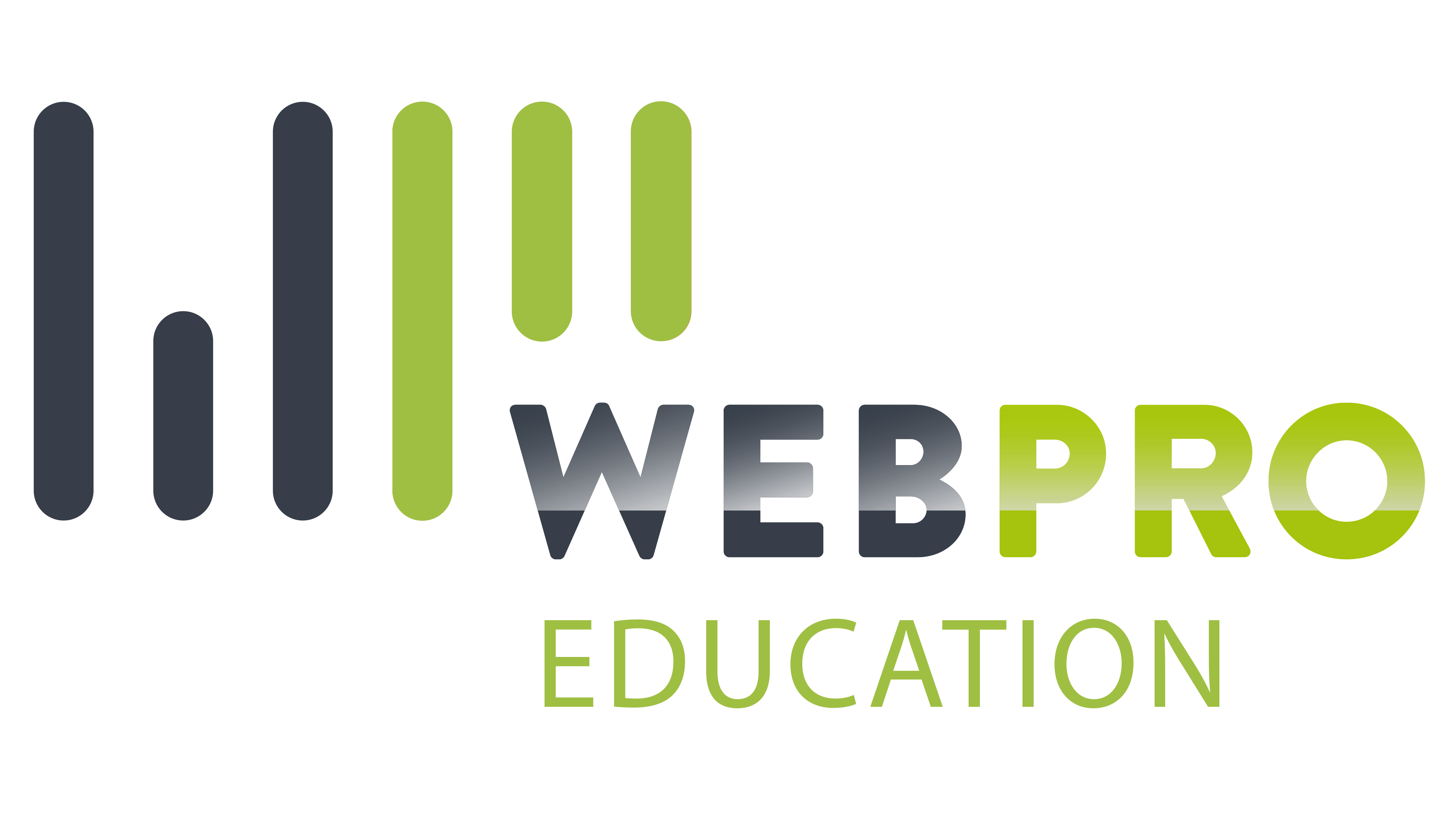Lots of different kinds of businesses use Google Ads (also known as pay per click (PPC) advertising). It’s highly successful. But does it work for schools and the education sector too? In this blog, we find out. We explore why schools should use paid advertising and the specific challenges surrounding Google Ads for the educational industry. You’ll discover how costs can be kept low while maximising results and how you can incorporate other marketing activities in with your paid advertising to make it more effective.
What are Google Ads?
Google Ads is Google’s platform that allow advertisers to run PPC campaigns. PPC is a digital marketing strategy whereby advertisers create ads and they pay only when a user interacts with them. They are highly successful because Google Ads are targeted and are a cost-effective way to advertise your business, product or service.
Are Google Ads important for the education sector?
Google Ads for higher education has been found to be highly beneficial and using Google Ads is a proven way to promote degree level courses. One of the reasons paid marketing for the education sector works so well is because it’s a target audience that begin their research online. Google ads are ideal for targeting students at times when they are looking to enrol.
The benefits of using Google Ads for your school or educational establishment
For many educational establishments Google Ads has become an essential digital marketing strategy because of its many benefits:
- Targeted traffic
Only people who are likely to be interested in your ad will see it, interact with it and click on it.
- See results quickly
You can launch a campaign within a few hours and expect to see good-quality traffic right away.
- Helps with brand awareness
People who may be interested in your educational establishment may not be aware of you. By putting relevant ads in front of them, you’ll educate them on who you are and how you can help them, increasing your brand awareness.
- Increase in leads and school placements
Putting your ads in front of relevant people will allow you to advertise events such as open days, generating more leads and interest in your school.
- More control over your spending budget
Google Ads allow you to track what you’re spending and gives you access to key performance indicators (KPIs) such as conversions and return on investment (ROI). You know exactly where you are with your marketing budget. They’re a highly cost-effective form of advertising for schools, colleges and universities.
What are some challenges that the education sector faces when using Google Ads?
PPC models are challenging for educational organisations who have a small budget and don’t have the time to manage them. The education sector is unique compared to other businesses who use Google Ads because they have unique goals and KPIs. Most businesses want their ad to immediately convert into a sale. The education sector needs to boost enquiries, applications and enrolments and focus on long term engagement with their ad. Like other industries, the education sector is very competitive and this can increase the cost per click for the ad.
How can campaign costs be kept low while maximising results?
If campaigns are poorly managed, they can become complicated and expensive. To help manage costs, set a maximum bid cap for your campaigns so that Google won’t exceed your budget. To keep costs low while maximising results, it’s essential that you run the ad in the appropriate way. Here are some best practices to follow:
- Target the right people
Google Ads works so well because it’s a highly targeted form of advertising. If you don’t target the right people, you won’t get the results you’re looking for.
There are several ways that Google Ads can be targeted to reach the right people. Google allows you to target a specific audience using a range of characteristics, including age group, gender and interests. You can also target specific geographical areas which is especially helpful for education establishments with a fixed location.
- Negative keyphrase bidding
It is possible to create a list of words and phrases that you specifically do not want to have associated with your ad and, if used, your ad will not be shown. If used, appropriately, this can save money on wasted clicks. For example, an ad for a marine biology course may have the word “human” as a negative keyword. This means that any searches for biology courses using the word “human” will not be shown your ad, potentially saving money on clicks from those looking for standard biology courses rather than marine biology courses specifically.
- Consider seasonality
It’s important to think about when your campaigns will be most effective and allocate more of your marketing budget to those times. Although September is a busy time in a school’s calendar with the start of the year, it’s not the ideal time to advertise courses as those searches will have been conducted months before. It’s also important to think about resource – there is no point running a campaign if there is no one around to respond to the enquiry because they are all on summer break.
How can Google Ads be used alongside other marketing activities?
For any business, the effectiveness of Google Ads will increase when used in conjunction with other marketing activities. Here are some ways to consider merging other marketing activities with your Google Ads campaign:
- Create relevant landing pages
Landing pages are powerful marketing assets and play the biggest role in converting traffic for paid campaigns. Your Google Ads campaigns need to go to a relevant landing page that will give your audience more information with a relevant CTA. Like the ad itself, the more specific your landing page copy is, the better. All landing pages should have a clear and concise way of capturing leads, either via a simple form or by offering visitors something of value in exchange for their email address, such as a relevant downloadable guide that gives them information about the course they’re looking into.
- Email marketing
Nurture the leads you’ve captured from the landing page by sending out targeted emails with valuable content. This will help to keep leads ‘warm’ and exposed to your brand and the content can also be used on your website in the form of blogs or guides, if relevant, which has the added bonus of naturally increasing your website’s ranking.
- Engage in search engine optimisation
Search engine optimisation (SEO) is a form of digital marketing known as organic because the methods used aim to naturally move you up search engine results pages (SERPs) so your website can be found when people are searching for relevant keyphrases. Due to budget constraints, a lot of businesses choose to focus on either Google Ads or SEO but, when feasible, it is best to do them in tandem as it gives users more than one opportunity to find you and can lead to repeated exposure to your brand.
- Use the power of social media
Being active on social media can help you to reach a wider audience as it will give you more opportunities to be found in search results and cater to those who like to do their research on different platforms before making any decision. You can run the same paid ads as your Google Ads campaigns on platforms like Facebook and direct them to the same landing pages, making your marketing materials go further for a relatively small additional cost.
So, can Google Ads really work for the education sector? This blog highlights that, if done correctly, Google Ads can indeed work for schools, colleges and universities just as well as they do for other industries. It’s a powerful way to attract new students to your educational organisation and if you’re still on the fence about whether it will work for you, we’ll finish with this statistic: The average conversion rate for Google Ads in the education sector is 3.39% compared to 2.7% across all industries.







